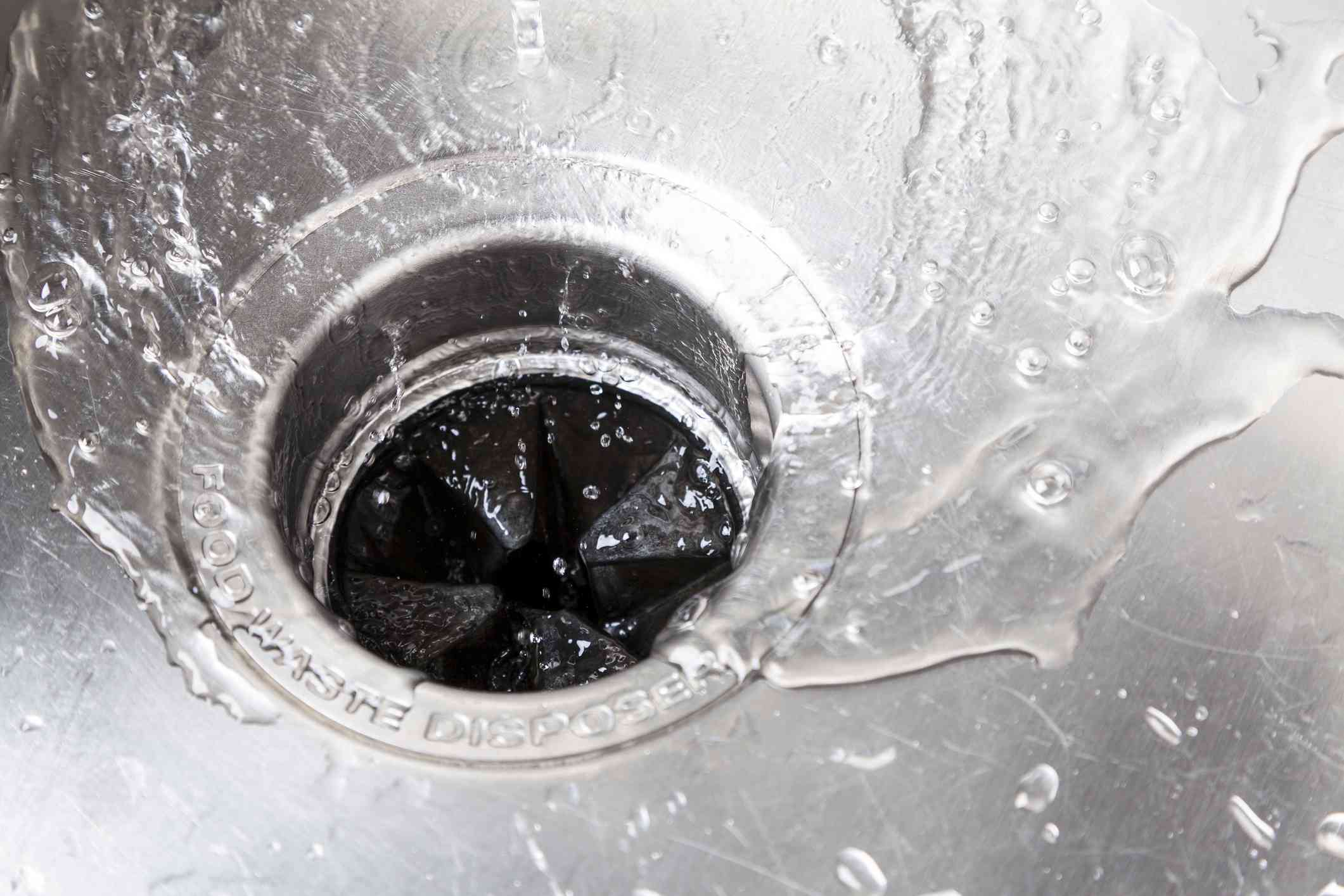Homeowners’ Guide: IPC’s Expertise in Disposal Solutions
Welcome to our comprehensive guide for Colorado homeowners – where efficient garbage disposal repair and top-notch plumbing solutions meet. As a homeowner in Colorado, maintaining a smoothly running kitchen is paramount, and that’s why understanding the signs of a failing garbage disposal is crucial. In this article, we’ll explore common indicators that your disposal might be on the brink of failure, providing essential insights for kitchen waste management. Whether you’re experiencing persistent jams, unusual noises, or slow grinding, our expert plumbers at IPC Plumbing & Drain Cleaning are here to offer specialized solutions.
Recognizing the signs of a failing garbage disposal is vital for Colorado homeowners seeking expert plumbing and drain cleaning services. If you observe any of these indicators, it’s advisable to consult with a professional plumber, such as IPC Plumbing & Drain Cleaning, specializing in garbage disposal repair and comprehensive plumbing services. Timely attention to a failing disposal can prevent inconvenient breakdowns and ensure the continued optimal functionality of your kitchen.
Unusual Sounds
Typically, a well-functioning disposal emits a soft hum. Any deviation, such as grinding, rattling, or metallic noises, may signal the presence of foreign objects or damaged components. Unusual sounds could indicate a faltering motor or a loose impeller, warranting a closer inspection.
Persistent Jams
While occasional jams are normal and often resolved with a simple reset, frequent or persistent jams may hint at a deeper issue. If your disposal consistently requires manual intervention to resume operation, it’s a clear sign that the unit is struggling and may be on the verge of failure.
Slow Grinding or Reduced Performance
An operational disposal should efficiently grind and dispose of food waste. Any slowdown in grinding or weakening performance may point to a dull or damaged blade, a failing motor, or other internal issues. This is a crucial signal that the disposal requires professional attention.
Leakage or Puddles
Visible water leaks or puddles around the disposal are significant red flags. Leaks can result from damaged seals, loose connections, or internal cracks in the disposal housing. Promptly addressing leaks is essential to prevent water damage and potential electrical hazards.
- Foul Odors
Persistent unpleasant odors from the disposal suggest a buildup of food debris, bacteria, or mold. While not an immediate sign of failure, neglecting this issue could lead to long-term problems. Thorough cleaning and maintenance are vital to prevent odors and ensure the longevity of the disposal.
- Frequent Resets
A garbage disposal frequently tripping its reset button signals an underlying problem. Continuous resets may indicate electrical issues, motor strain, or internal damage. Refraining from repeated resets is advisable, and seeking professional assistance is necessary to identify and address the root cause.
- Age of the Disposal
Like any appliance, garbage disposals have a lifespan. If your disposal is nearing or has surpassed the 10 to 15-year mark, it becomes more susceptible to wear and tear, increasing the risk of failure. Consider the age of your disposal when evaluating its performance.
In conclusion, Colorado homeowners, don’t let garbage disposal challenges disrupt your kitchen efficiency. Trust the experts at IPC Plumbing & Drain Cleaning for reliable solutions and expertise in garbage disposal repair and plumbing services. Explore optimal kitchen functionality with our tailored services and ensure your home runs seamlessly.
Unlocking Kitchen Efficiency: Navigating Garbage Disposal Challenges with Expert Plumbing Services in Colorado by IPC Plumbing & Drain Cleaning. Discover essential tips for managing kitchen waste and ensuring optimal functionality. Trust us for reliable solutions and expertise in garbage disposal repair and plumbing services.
Check us out on Facebook to get more tips


